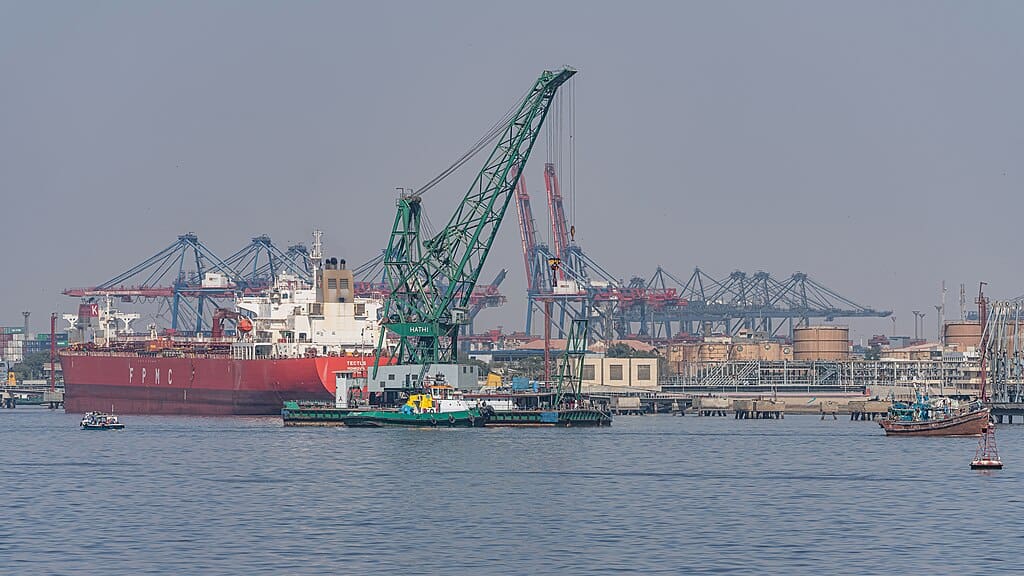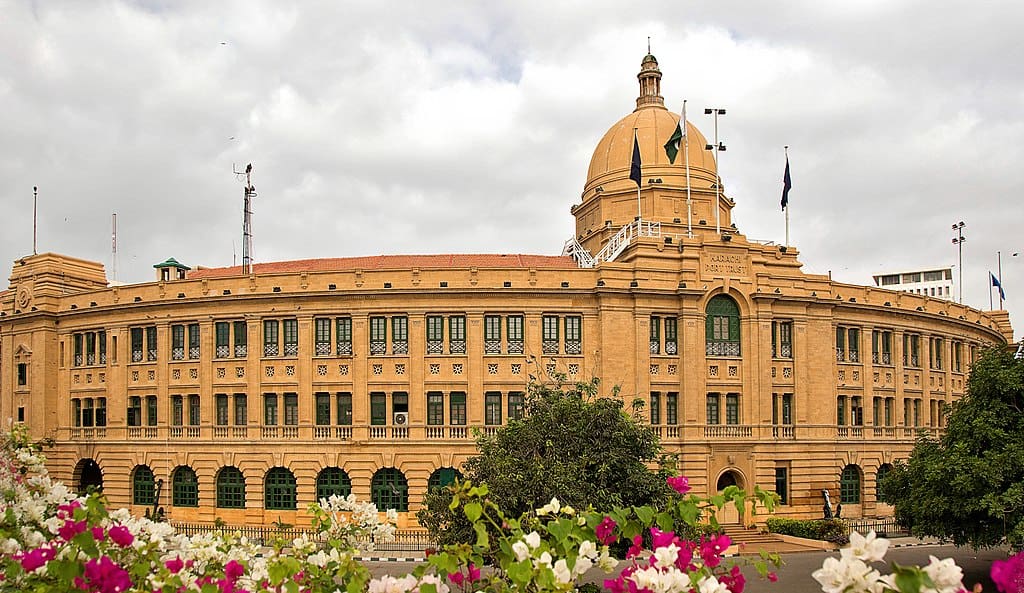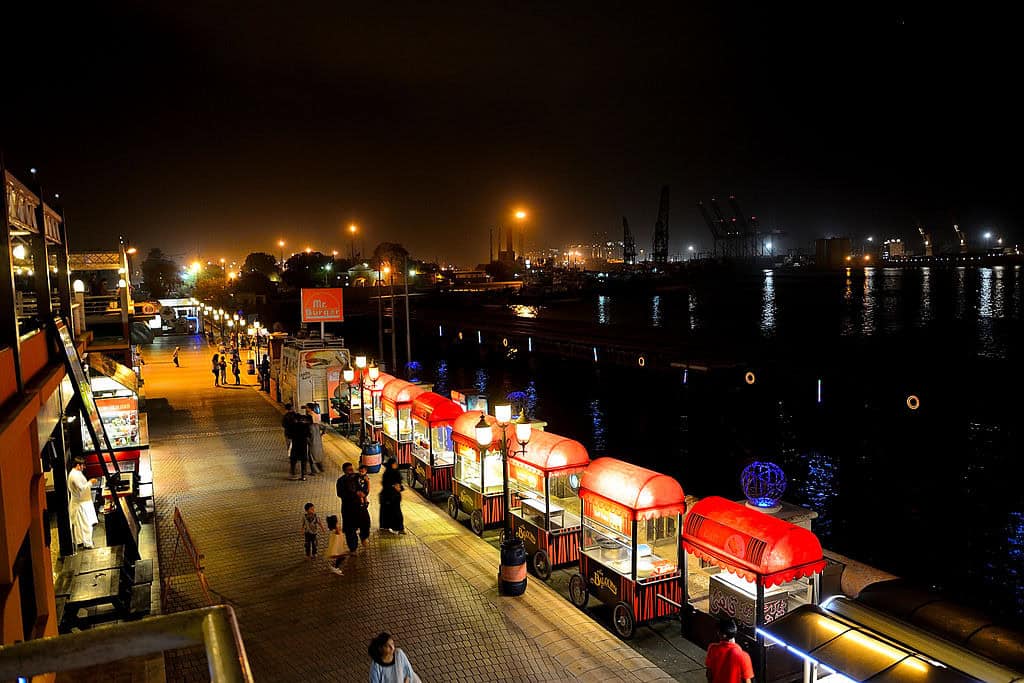We specialize in shipping diaper bales to South Asia. We are highly experienced in handling shipping logistics and can assist with all aspects of shipping to your preferred port.

We specialize in shipping diaper bales to South Asia. We are highly experienced in handling shipping logistics and can assist with all aspects of shipping to your preferred port.

The diaper bales market in Pakistan reflects specific dynamics influenced by demographic trends, consumer preferences, and economic factors. Here’s an overview of the demand for diaper bales in Pakistan:
In summary, while the Pakistani diaper market faces challenges related to affordability, distribution logistics, and regulatory compliance, it presents substantial opportunities for growth and innovation. Continued investment in distribution networks, regulatory reforms, and consumer education will be crucial for tapping into the full potential of this dynamic market.

Pakistan’s shipping industry plays a crucial role in its economy, facilitating trade and commerce through its maritime infrastructure. Here’s an overview of the Pakistan shipping industry, including key aspects such as ports, infrastructure, challenges, and future prospects:
In summary, while the Pakistan shipping industry faces challenges related to infrastructure development and regulatory complexities, it presents significant opportunities for growth and development. Continued investment in infrastructure, regulatory reforms, and regional connectivity initiatives will be crucial for unlocking the industry’s full potential and supporting Pakistan’s economic aspirations.

Karachi Port, often referred to as the Port of Karachi, is the largest and busiest seaport in Pakistan, playing a pivotal role in the country’s economy and international trade. Here’s an overview of Karachi Port:
Karachi Port’s strategic location on the Arabian Sea provides Pakistan with access to global shipping routes, making it a vital hub for regional and international trade. Its ongoing development and modernization efforts aim to strengthen its position as a key maritime gateway in South Asia.
In summary, Karachi Port is crucial to Pakistan’s trade and economic prosperity, serving as a major facilitator of import and export activities. Continued investment in infrastructure and operational efficiencies will be crucial to meet growing trade demands and enhance competitiveness in the global market.